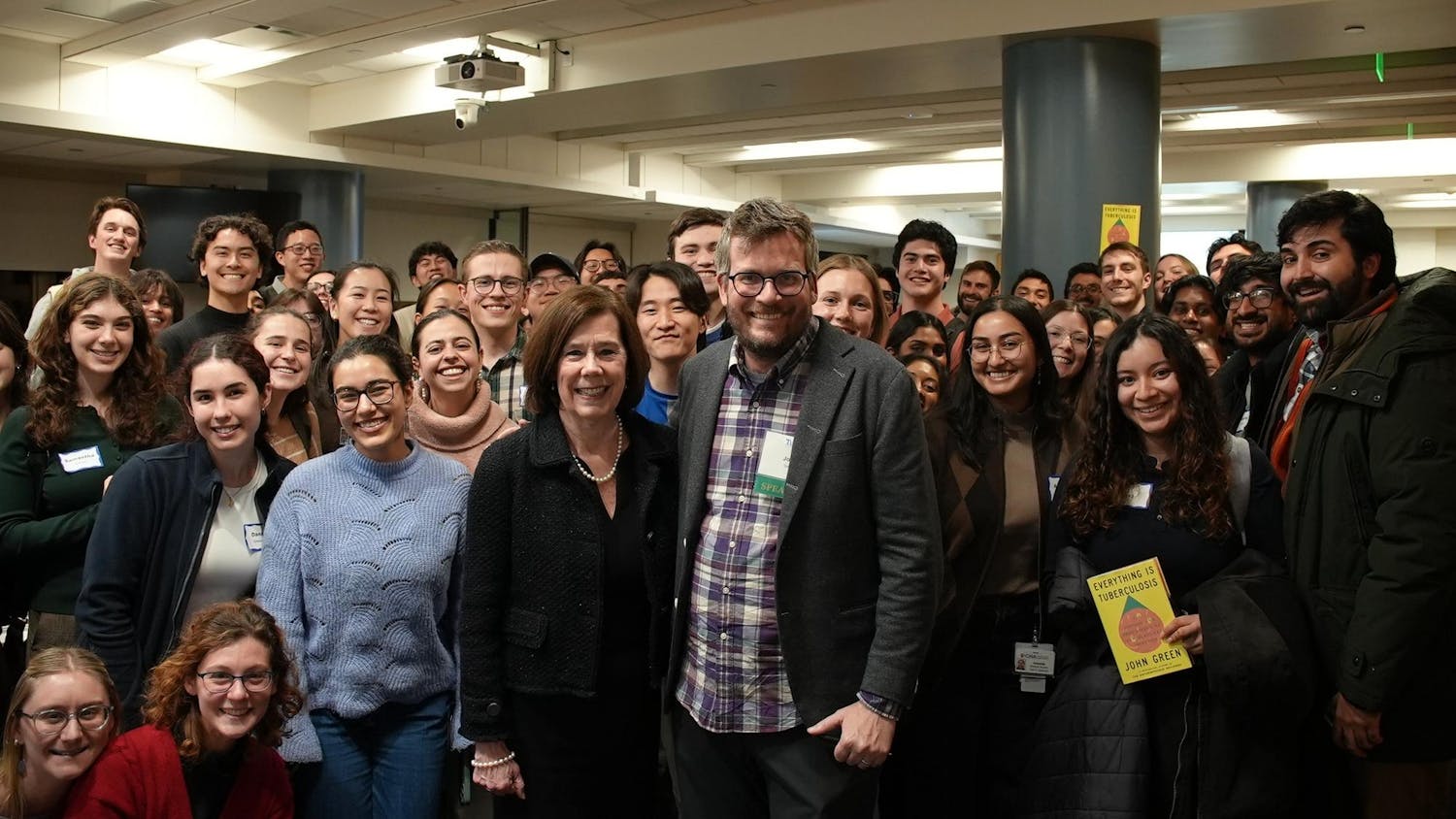The government of Sierra Leone has banned industrial fishing in its territorial waters for the month of April. Why would one of the world’s poorest nations put a halt to one of its most important industries? Sierra Leone’s fish stocks have been dangerously depleted — not by local fishermen — but by foreign trawlers coming from around the world.
Demand for fish is skyrocketing worldwide. The global trade is worth billions of dollars. People consume 50% more fish today, on average, than they did 50 years ago. Simply put, we are eating more than can be sustainably caught.
Almost 90% of the world’s marine fish stock is either fully exploited, over-exploited or completely depleted, according to the World Economic Forum. The result is that many countries, chief among them being China, are sending their fishing fleets farther and farther afield in search of greener pastures.
The coast of West Africa is one of the world’s most productive fisheries — or at least it should be. For years, fishermen in coastal villages across the region have complained of declining catches. Perhaps nowhere is this felt more keenly than in Sierra Leone, where fish makes up 80% of the average person’s protein intake.
These coastal fisheries are what are known as commons — a resource an entire community can access and upon which it relies. And they are being exploited by an international fleet on an industrial scale. This on its own would be destructive enough, but many of these vessels are flouting the laws of Sierra Leone and wreaking havoc on their fisheries in the process.
Foreign trawlers have been documented illegally fishing in Sierra Leonean waters — either fishing too close to shore in areas reserved for locals or pair trawling. Pair trawling is a fishing activity in which two ships a set distance apart trawl a single large net between them. This allows a greater catch because the net can cover a larger area, but it doesn’t leave much behind. It is also cheaper since less equipment is needed compared to single-vessel trawling.
Pair trawling is incredibly damaging to marine ecosystems. It is associated with fish stock depletion and high levels of bycatch, i.e. when vast numbers of non-target fish and other species become accidentally caught in nets. The Sierra Leonian authorities, with only a single patrol vessel, are ill-equipped to enforce the law against pair trawling. The country desperately needs the revenue legal trawl fishing could bring but lacks the capacity to enforce the regulations needed to keep it sustainable.
This is what happens when environmental commons enter the global market, and the states that govern them lack the capacity to protect them from exploitation. But these commons are global. The world’s marine ecosystems are important to the health of the planet overall, and ultimately, the wellbeing of all its people — not to mention increasingly important to their food supply. The flip side of our increasingly global access to resources is that these same resources are now increasingly depleted.
More from The Tufts Daily
Road to the World Cup: Tournament opinions at Tufts
By
Antonia Toro
| February 19





